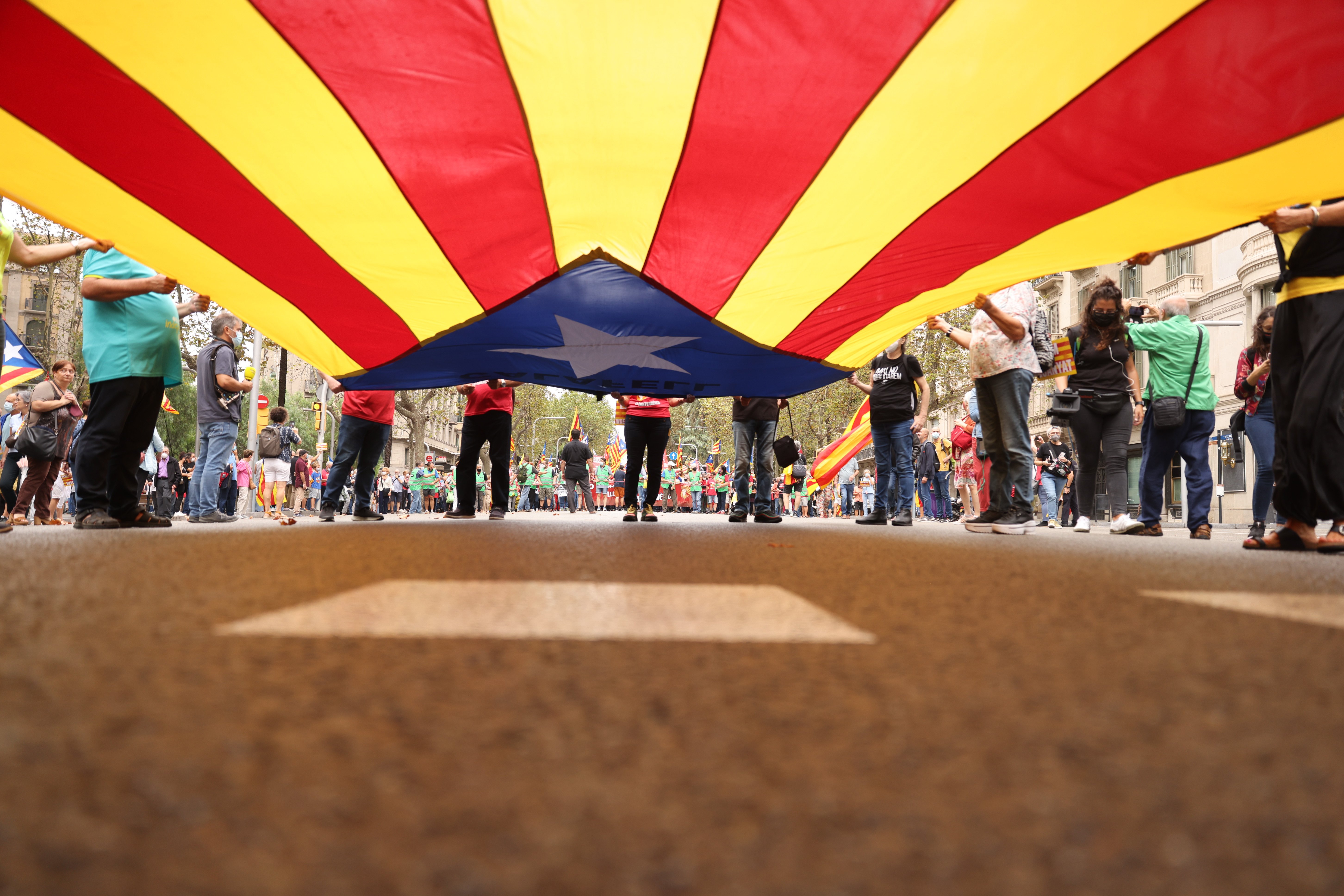Certifying that someone has "Catalan nationality" is not a crime. The Spanish Supreme Court has acquitted the accounts comptroller electoral secretary of Madremanya municipal council, in the Gironès county, who certified in an official document, in the process of electing two candidates to be Justices of the Peace, that they had "Catalan nationality". The Supreme Court believes that because the document stated something that is not a nationality, it had no potential to create confusion or any kind of undue legal consequence, so it was "both childish and harmless conduct" from a criminal point of view.
Two JPs of "Catalan nationality"
The official who has now been acquitted stated in an official document that the two candidates to be Justices of the Peace in the town were of "Catalan nationality", although, the Supreme Court's ruling affirms, that both the DNI and the municipal residency record of the two residents of Madremanya stated that they were of "Spanish nationality".
In 2018, the accounts comptroller of this municipality with a population of less than 300 people was, because of this action, sentenced to an eight-month ban on public employment or office, by the Girona criminal court no. 1, a sentence which was later ratified by the Girona Audience after an initial appeal, but at the next stage of the appeal process, the criminal chamber of the Supreme Court accepted the defendant's appeal and overturned the conviction. The court asserts that that action was not a crime, since it has no significance to assert that a person has "Catalan nationality" in an official document, since this status does not exist, they say.
Despite the complaint against the accounts comptroller, the High Court of Catalonia (TSJC), at the time, accepted the credentials of the two candidates to be Justices of the Peace and they were appointed, despite this "Catalan nationality", since, as the judgment asserts, there was never any doubt as to whether or not they were Spanish. Justices of the Peace in small municipalities in Spain do conciliatory work that often avoids blocking up the civil and criminal courts. The candidates for the JP positions apply for the role and it is the TSJC that validates them, and the dean of each judicial party that formalizes the procedures. Among other duties, Justices of the Peace in the Spanish state can also be in charge of exhuming corpses in cases where there is no evidence of violence.
"Irrelevant, without any significance"
The Supreme Court affirms that the public servant "was unable to absurdly attribute Catalan nationality to the candidates" which would alter "in this sense and objectively, reality". And the judges at the high court believe that they cannot penalize an accounts comptroller if he fails to tell the truth in the delivery of a certificate in an "irrelevant way, without any significance". The Supreme Court judges believe that in this case the accounts comptroller did not certify a different nationality, but, rather, since "Catalan nationality" does not exist, what the public official did was to accredit something different to a nationality. A complicated way of absolving the official while attempting to strip the action of all possible importance.

